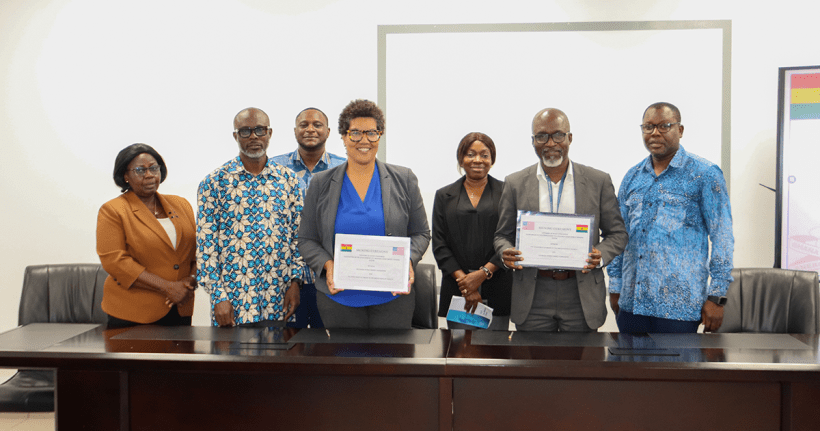In a groundbreaking step for Africa’s energy landscape, the United States and Ghana have officially launched the continent’s first regional Clean Energy Training Center, aimed at supporting the development of civil nuclear energy programs across Africa. This center will serve as a key resource for Ghana and other African nations exploring nuclear energy to meet their energy security, economic growth, and decarbonization goals.
The new training hub aligns with a broader global objective to triple nuclear energy capacity by 2050, with the U.S. and Ghana at the forefront of this ambitious endeavor. The announcement underscores both nations’ commitment to advancing nuclear energy as a sustainable, reliable, and low-carbon energy source for the future.
A Hub for Capacity Building and Nuclear Technology Training
Located in Accra, Ghana, the Clean Energy Training Center is the first of its kind in Africa. It will act as a regional training facility for countries across the continent interested in developing nuclear energy programs. The center builds on a series of prior collaborations, including a U.S.-led virtual training program covering key aspects of nuclear energy, from project development to nuclear security and regulatory frameworks.
The center will provide in-depth training and technical expertise in areas such as reactor design, operation, and the safe management of nuclear materials, particularly spent fuel. The U.S. Department of Energy (DOE) will offer continued support through its nuclear industry, national laboratories, and academic institutions to strengthen the workforce, regulatory capabilities, and technical skills needed to advance nuclear energy in the region.
Strengthening U.S.-Ghana Collaboration
Deputy Assistant Secretary for International Cooperation, Aleshia Duncan, highlighted the importance of the center, saying, “This center will be a vital resource for Ghana and other African countries that are working to deploy nuclear technology to address energy needs and achieve sustainable development. It reflects our ongoing commitment to supporting countries in launching and sustaining nuclear programs through technical, regulatory, and workforce development resources.”
A Global Push for Nuclear Energy Development
The launch of Ghana’s Clean Energy Training Center is part of a broader global push to expand nuclear energy programs. Earlier this year, the U.S. DOE inaugurated the world’s first Clean Energy Training Center in Poland, designed to support Poland’s nuclear energy development. Building on this success, the DOE is requesting an additional $8 million in Fiscal Year 2025 funding to establish more training hubs in emerging nuclear energy markets across Africa, Asia, and Central and Eastern Europe.
The Clean Energy Training Centers, led by the DOE’s Office of Nuclear Energy’s Office of International Cooperation, aim to ensure the safe, secure, and peaceful use of nuclear energy worldwide, while helping partner countries build the necessary infrastructure and expertise for nuclear energy deployment.
Next Steps: U.S.-Africa Nuclear Energy Summit
In line with these efforts, the United States will host its second U.S.-Africa Nuclear Energy Summit, focused on industry readiness. The summit, in collaboration with the Kenyan Nuclear Power and Energy Agency and the Ministry of Energy and Petroleum of Kenya, will bring together key stakeholders from across Africa to explore how nuclear energy can support the continent’s development goals, energy needs, and climate commitments.
The launch of the Clean Energy Training Center in Ghana is a significant milestone in Africa’s nuclear energy journey. With increasing interest from African countries in nuclear power as a reliable, clean energy solution, this initiative represents a crucial step toward enhancing the continent’s energy security and achieving its climate goals.
